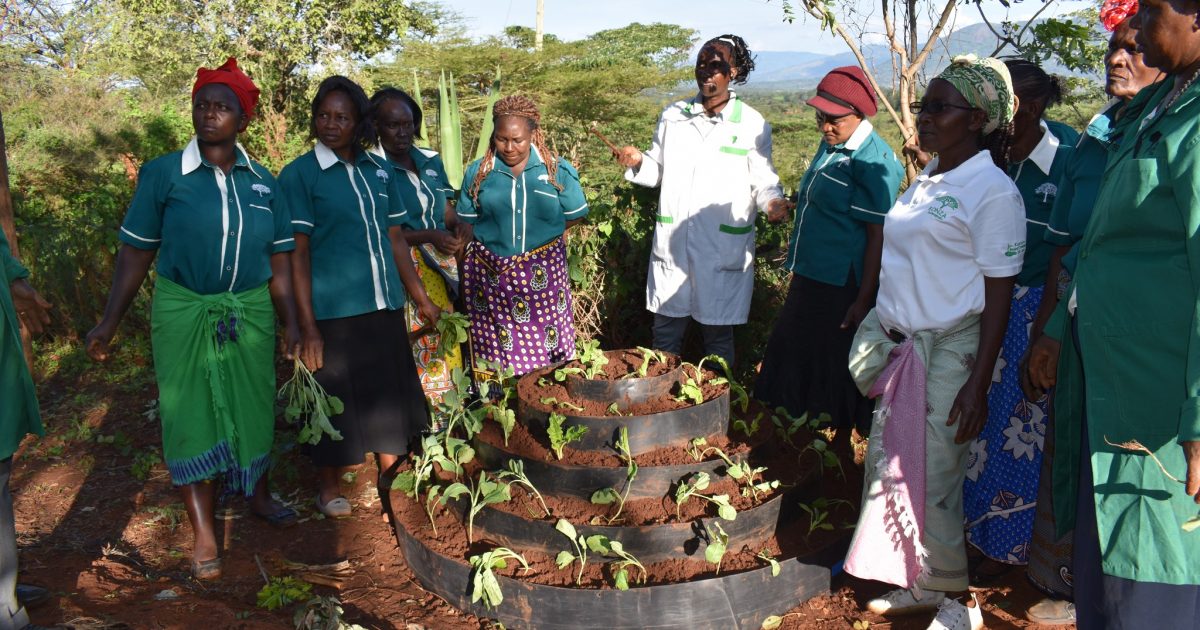The Kenya Agricultural and Livestock Research Organisation (KALRO), in collaboration with the government and other stakeholders, aims to provide nutritious food to 4 million children by 2025 and 10 million by 2030 using modern farming technology.
KALRO Agricultural Value Chain Specialist Dr. Simon Omondi highlights the increasing shift from fresh, traditional foods to unhealthy, processed, convenient school meals for millions of children attending school hungry.
“To make sustainable, nutritious foods a preferred option among consumers, such foods must be consistently available and affordable to all, including the poorest,” said Omondi.
Speaking during a workshop bringing together food systems researchers and the media, he stated that school feeding programmes, which provide economically vulnerable children with regular meals at school, have well-documented benefits.
“For instance, providing regular and nutritious school meals supports improved health and education outcomes, including increased school attendance, reduced gender gaps in health, and lower dropout rates,” adding that despite the positive impact of school feeding programmes, their influence on food system policies and processes is understudied.
“Despite Kenya having started the school feeding programme 45 years ago, only two million children have benefited from it.”
At the same time, Africa Population and Health Research Centre researcher Charity Waweru revealed that increased climate awareness has presented a window of opportunity for governments to use national school meal programmes to implement environment-friendly food policies.
Meanwhile, several countries, such as Ghana, Kenya, and Senegal, are focused on advancing Double-Duty Policy Boundless (DDPBs) that address the double burden of malnutrition. DDPBs play a vital role in food system transformation by integrating nutrition- and health-sensitive policies into broader strategies for food system change.
A new project on School Feeding Programmes (SFPs) will target food insecurity in Kenya and Rwanda, especially among urban children, strengthening capacities and increasing demand for healthy food in urban poor areas, aiming to amplify the impact of ongoing efforts in both countries.
These projects are among several being supported through IDRC’s partnership with the Rockefeller Foundation, the Catalyzing Change for Healthy and Sustainable Food Systems Initiative.
By Okal Kevin




